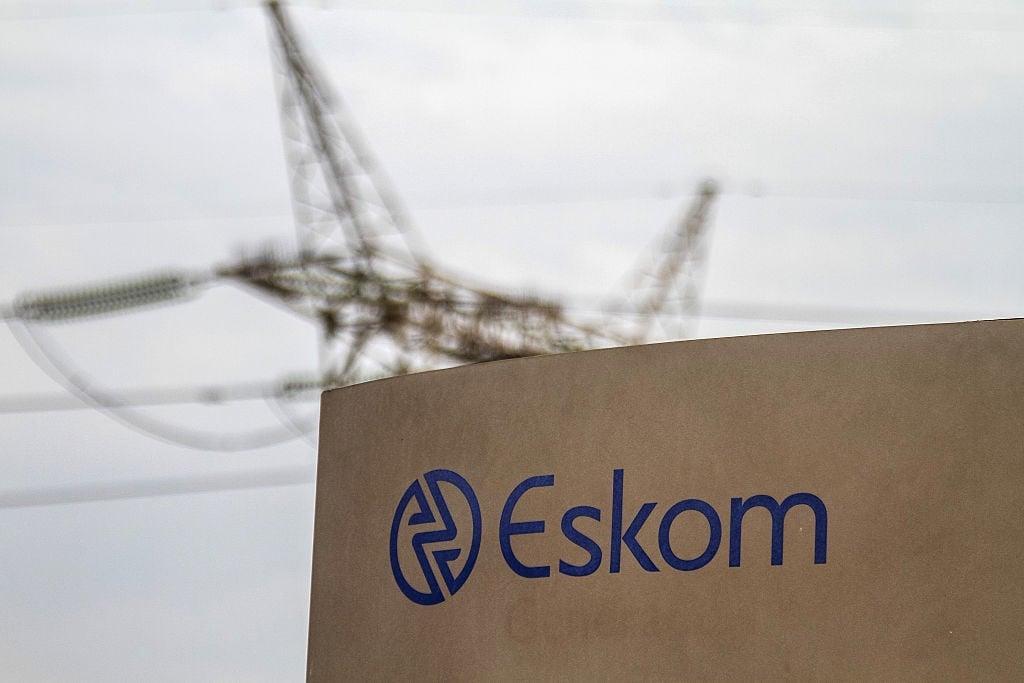Africa-Press – South-Africa. Eskom is seeking to recover R23.9 billion through tariffs, but the Energy Intensive Users Group (EIUG) believes consumers should not have to cough up for the power utility’s inefficiency that led it to lose out on revenue.
In a statement issued on Friday, the group, whose members include Sasol and major mining companies Anglo American and Sibanye Stillwater, said that Eskom should not be allowed to recover R23.9 billion through tariffs.
Eskom applied to the National Energy Regulator of South Africa (Nersa) to recover monies through the Regulatory Clearing Account (RCA) mechanism. This mechanism allows Eskom to adjust for the over or under-recovery of revenue for a particular year – this being the 2021/22 financial year.
This application is usually warranted when there is a gap related to the costs and revenue assumptions made by Nersa when granting a tariff, versus those that are actually incurred by Eskom.
If Eskom makes less than the Nersa allowed revenue, then the power utility is allowed to recover a certain amount to make up for the costs it had to bear in a particular year. The RCA granted would essentially be over and above the annual increases consumers pay through tariffs.
Before Nersa decides on the RCA, it holds a public consultation process. In its submission, the EIUG put forward that Eskom should not be allowed to recover more than R1.1 billion.
“… Based on our analysis, Nersa should not grant them (Eskom) anything more than R1.129 billion,” said EIUG CEO Fanele Mondi.
The EIUG indicates that Eskom’s revenue losses are linked to its poor performance rather than external forces like delayed decisions by the government years ago, and the Russian-Ukraine war, as the power utility put forward in its application.
“… The application by Eskom also suggests that Eskom still feels entitled to its allowable revenue even though Eskom’s poor performance is a significant contributing factor to lower consumption and sales,” the application read.
The EIUG also highlighted that the Russia-Ukraine conflict, which started in February 2022, would not have had an effect on the financial year in question, as it started in February 2022. The financial year would have ended on 31 March 2022.
“The fact of the matter is that although there are always external intervening forces impacting any business, and possibly even past bad operational choices, it is the role of management to mitigate such challenges and take business forward, rather than blaming external forces or the past. Eskom’s poor strategic choices cannot forever be made a burden for consumers,” Mondi said.
The EIUG also highlighted inefficiency in Eskom’s fuel use.
“Poor coal-plant generation performance also led to inefficient use of primary energy resources like coal, diesel, and fuel oil,” the EIUG’s statement read. “EIUG is of the view that this Eskom inefficiency cannot be simply transferred to consumers.”
While the EIUG noted that Eskom’s use of diesel was needed to run Open Cycle Gas Turbines to limit load shedding, the group said that the need for excess diesel was caused by the power utility’s poor performance. “… [I]t cannot just be passed through to consumers,” the EIUG emphasised.
The EIUG believes that most of the costs Eskom incurred are not “prudent or efficient” and asked Nersa to scrutinise Eskom’s costs to find any additional inefficiencies.
For More News And Analysis About South-Africa Follow Africa-Press






